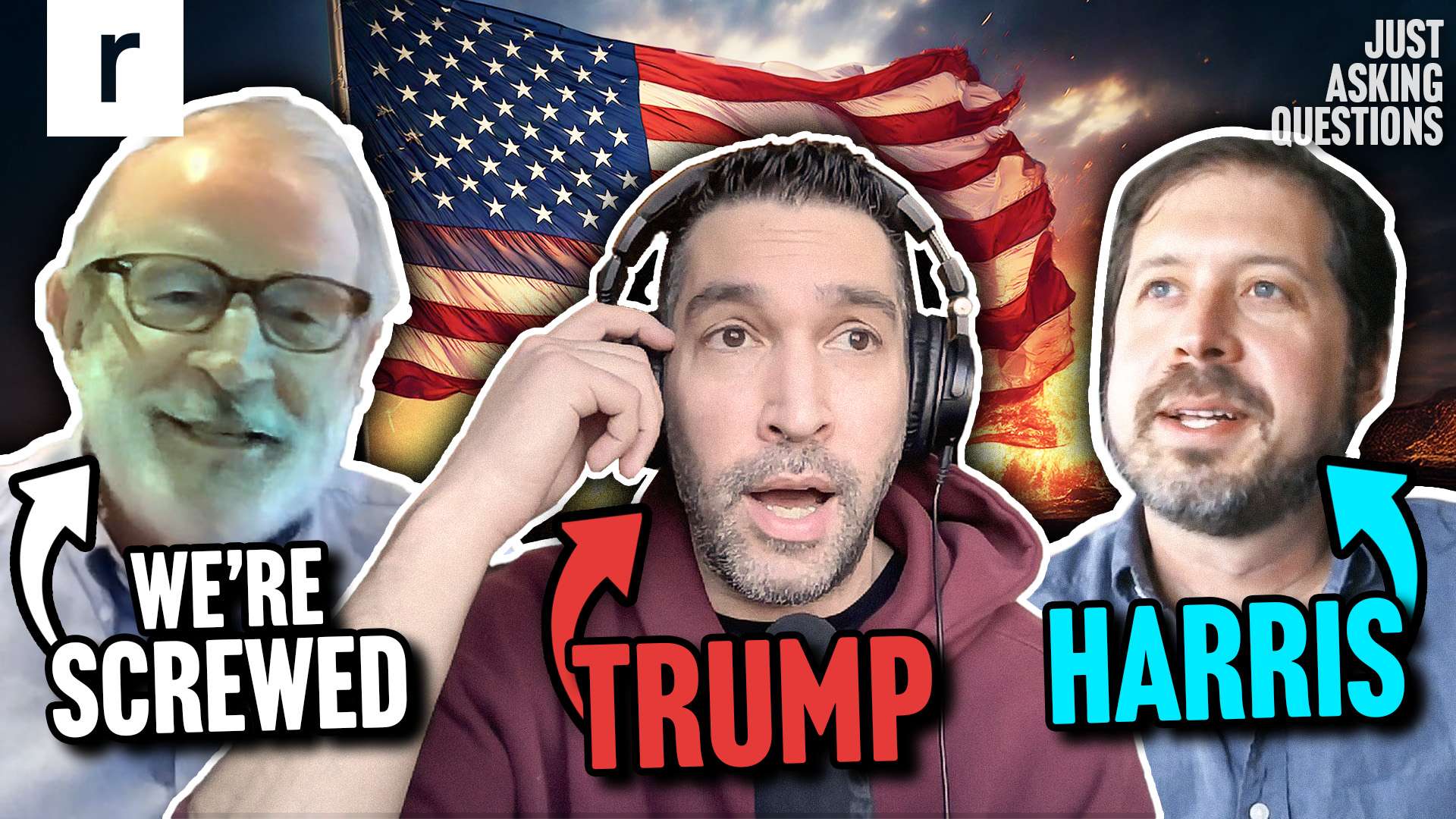Dave Smith, David Stockman, and Jacob Grier: Who Represents the Lesser Evil?
The discussion surrounding the political figures Dave Smith, David Stockman, and Jacob Grier often revolves around their individual philosophies and the implications of their ideologies in the current political landscape. Each of these figures presents a different aspect of libertarian thought and critique of mainstream politics, prompting debates on who represents a more favorable approach to governance and individual liberty.
Dave Smith is a prominent comedian and political commentator known for his outspoken libertarian views. He advocates for a non-interventionist foreign policy, a radical reduction in government spending, and the abolition of various state institutions, which he perceives as encroachments on individual freedoms. Smith’s humor serves as a vehicle for discussing complex political ideas, making libertarianism accessible to a broader audience. His ability to convey serious messages through comedy has gained him a following, particularly among younger, disillusioned voters who seek alternatives to the traditional political dichotomy.
David Stockman, a former U.S. Congressman and budget director under President Reagan, adds a different dimension to the conversation. His critique of government spending and fiscal policy is rooted in economic realism. Stockman argues that the unchecked growth of government debt and the Federal Reserve’s monetary policies are leading the country towards financial instability. He promotes a return to classical economic principles and warns against the dangers of deficit financing and overregulation, which he believes undermine economic freedom and long-term prosperity. Stockman’s experience in political office lends weight to his warnings and offers a pragmatic perspective on the failures of both major political parties.
Jacob Grier, a lesser-known figure among the trio, contributes a nuanced libertarian perspective that emphasizes personal responsibility and social issues that libertarians often overlook. Grier is known for his writings on liberty, culture, and the implications of government regulation on everyday life. He brings attention to the importance of social tolerance and advocates for a libertarian ethos that goes beyond mere economic freedom, encompassing lifestyle choices and cultural issues. By addressing these broader themes, Grier attempts to forge a more inclusive libertarianism that resonates with a diverse constituency, highlighting the interconnectedness of personal behavior and political philosophy.
The debate around who is the “lesser evil” among these three figures often hinges on differing interpretations of libertarianism and practical governance. Advocates of each figure argue their respective strengths and weaknesses, with Smith appealing to the youth through humor and radical change, Stockman emphasizing fiscal responsibility, and Grier fostering a more holistic libertarianism that addresses social issues. This divergence leads to broader discussions about the role of government, personal liberty, and the future of the libertarian movement in the U.S.
Ultimately, the discourse surrounding Dave Smith, David Stockman, and Jacob Grier reflects deeper tensions within the libertarian community and its response to contemporary challenges. As the political landscape evolves, the arguments presented by these figures encourage a reevaluation of what it means to advocate for liberty in both economic and social contexts. Their contrasting approaches reveal the complexity of modern libertarian thought and the need for a broad coalition to tackle the pressing issues of our time, from economic stability to social justice.
In summary, the exploration of the philosophies of Dave Smith, David Stockman, and Jacob Grier exemplifies the diverse range of ideas within libertarianism as they confront societal challenges. Each figure represents a facet of the libertarian spectrum, offering distinct critiques of the status quo and pathways for future action. As discussions continue about who truly embodies the “lesser evil,” it becomes apparent that their collective engagement contributes to the ongoing evolution of libertarian thought in the quest for greater individual freedom and responsibility.
Share this content:












Post Comment